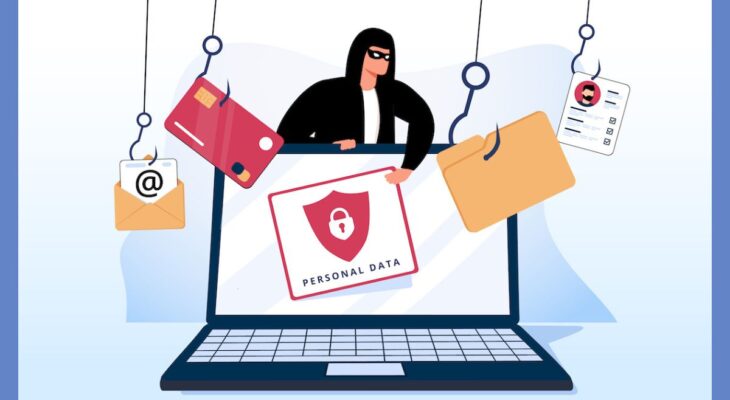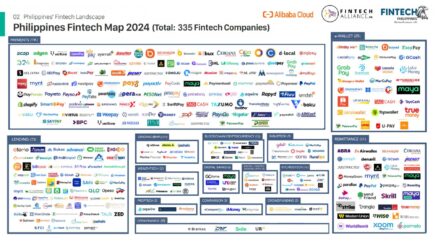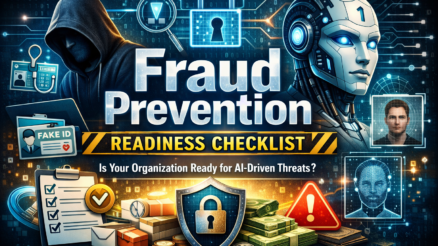In the Philippines, online loan applications have become increasingly popular as more and more people look for convenient ways to access credit. Unfortunately, this rise in popularity has also led to an increase in fraudulent loan apps, which can cause financial harm to unsuspecting borrowers.
In this article, CashLoanPH will take a closer look at some of the fraudulent forms of online loan apps in the Philippines and offer some tips on how to avoid them.
4 Types of Fraudulent Online Loan Apps
Loan Sharks
Loan sharks are individuals or groups who lend money at extremely high interest rates and often use aggressive and illegal collection tactics to ensure repayment. They are often unregulated and operate outside the formal banking system. Loan sharks are known to target individuals who are desperate for cash, have poor credit scores or have no access to formal credit markets.

In the context of fraudulent loan apps in the Philippines, loan sharks may operate under the guise of legitimate online lenders. They may offer quick and easy loans with minimal documentation requirements, making them attractive to borrowers who need cash urgently. However, once borrowers accept the loan, they may find themselves subjected to high interest rates and hidden fees, resulting in a loan that is difficult or impossible to repay.
Loan sharks may also resort to abusive and illegal collection practices, such as harassment, intimidation, or even violence, to collect repayments. These practices can cause serious harm to borrowers, including mental and physical health problems, financial difficulties, and social stigma.
It’s important for borrowers to avoid loan sharks and to work with legitimate lenders who operate in compliance with the law. Borrowers should research and verify the legitimacy of the lender and loan app before accepting any loan offers. They should also carefully read the loan agreement and be aware of any hidden fees or high interest rates. If borrowers encounter any illegal or abusive collection practices, they should report them to the appropriate authorities immediately.
Overall, loan sharks are a significant risk to borrowers and the financial system as a whole. It’s important to work with legitimate lenders and to avoid unregulated and potentially fraudulent loan apps that may be associated with loan sharks. By doing so, borrowers can access credit safely and responsibly, without falling victim to financial fraud and abuse.
Identity Theft
Identity theft is a form of fraud that involves stealing personal information, such as social security numbers, bank account details, credit card numbers, and other sensitive data, for financial gain. In the context of fraudulent loan apps in the Philippines, identity theft can occur when borrowers are required to provide personal and financial information as part of the loan application process.
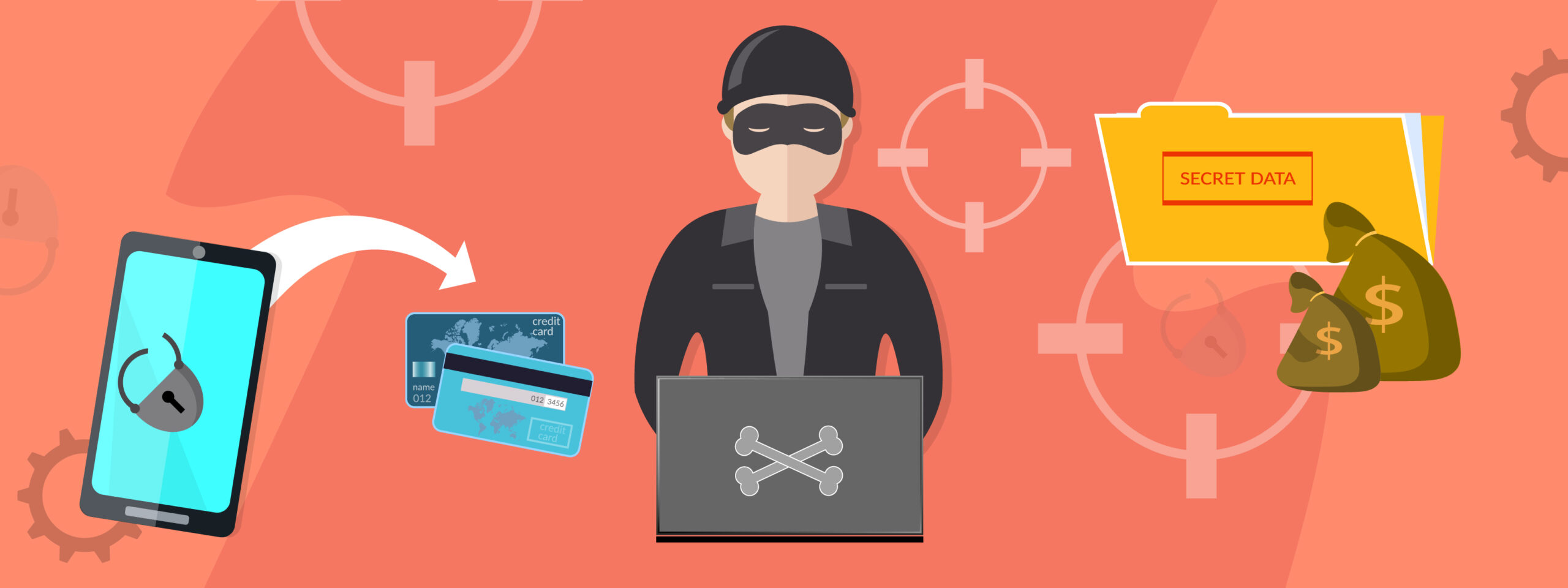
Fraudulent loan apps may ask for a range of personal and financial information, such as full name, date of birth, social security number, employment status, income, and bank account details. This information can be used by fraudsters to apply for loans or credit cards, open bank accounts, or make unauthorized purchases. The consequences of identity theft can be severe and long-lasting, including damage to credit scores, loss of money, and difficulty obtaining credit in the future.
To avoid falling victim to identity theft, borrowers should take steps to protect their personal and financial information. They should only provide information to trusted and legitimate lenders and loan apps that operate in compliance with the law. Borrowers should also carefully read the loan agreement and be aware of any terms or conditions that require the sharing of personal information.
Borrowers can also take additional steps to protect themselves from identity theft, such as monitoring their credit reports and bank statements regularly, using strong passwords and two-factor authentication, and avoiding sharing personal information on unsecured websites or public Wi-Fi networks.
In addition, borrowers should report any suspicious activity related to their personal and financial information immediately. This may include unauthorized loans or credit card charges, unfamiliar bank account withdrawals, or unusual credit inquiries. By reporting such activity promptly, borrowers can limit the damage caused by identity theft and protect themselves from further harm.
Overall, identity theft is a serious threat to borrowers who use online loan apps in the Philippines. By taking steps to protect their personal and financial information and working with legitimate lenders and loan apps, borrowers can reduce their risk of falling victim to financial fraud and abuse.
Phishing Scams
Phishing scams are a type of online fraud that involves tricking individuals into providing sensitive information, such as passwords, credit card details, and other personal data, by posing as a trustworthy entity. In the context of fraudulent loan apps in the Philippines, phishing scams may occur when borrowers are contacted by individuals posing as representatives of legitimate loan apps or lenders.
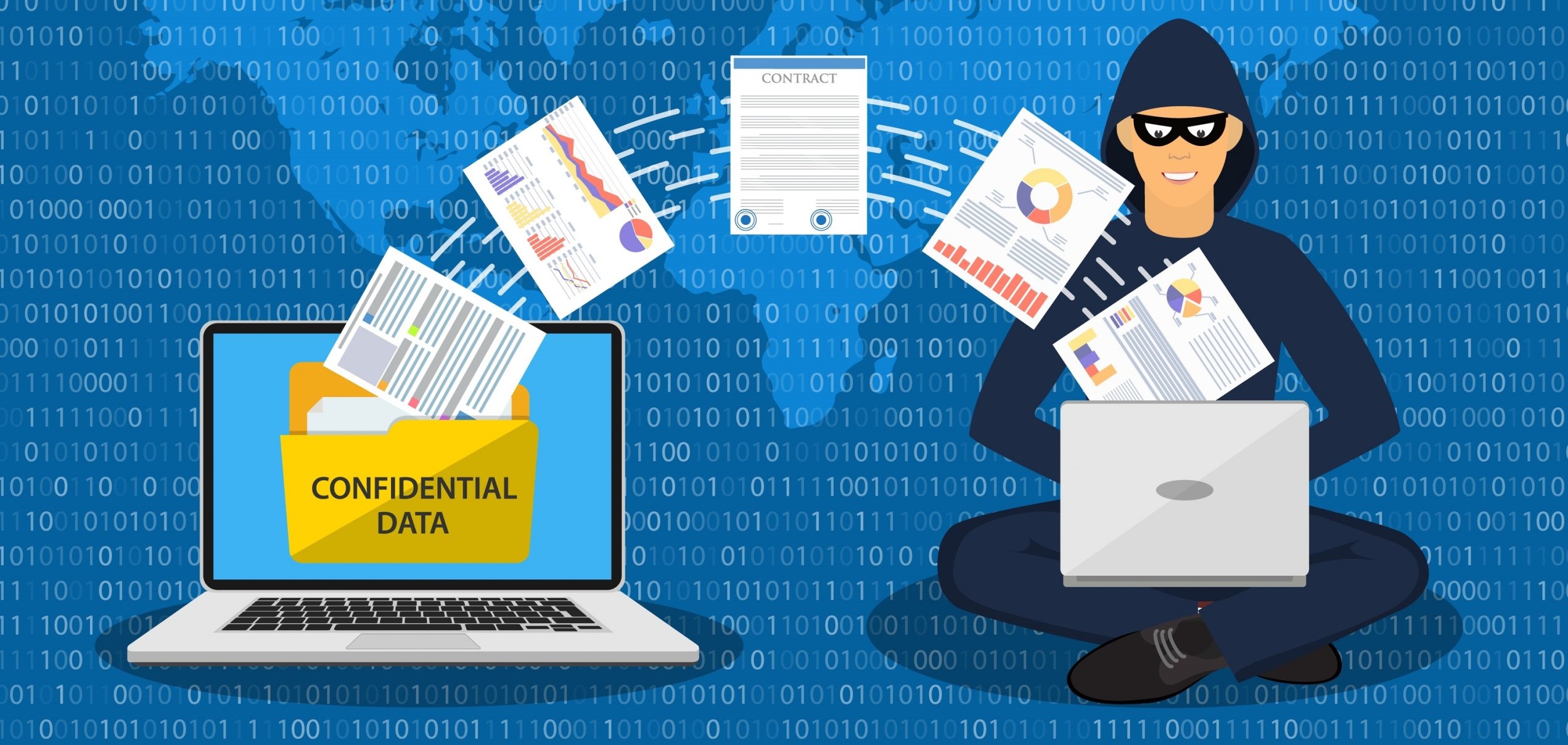
Phishing scams typically involve sending fraudulent emails, text messages, or social media messages that appear to be from a legitimate source. The messages often contain urgent requests for personal or financial information, such as login credentials, account numbers, or social security numbers. The messages may also contain links to fake websites that look identical to the legitimate website of the loan app or lender.
If borrowers fall for a phishing scam, their personal and financial information can be used for fraudulent activities, such as opening bank accounts, applying for loans or credit cards, or making unauthorized purchases. The consequences of falling victim to a phishing scam can be severe and long-lasting, including damage to credit scores, loss of money, and difficulty obtaining credit in the future.
To avoid falling victim to phishing scams, borrowers should be wary of unsolicited messages or requests for personal or financial information. They should never provide sensitive information in response to such messages, regardless of how urgent or compelling they may seem. Instead, borrowers should contact the legitimate lender or loan app directly to verify the legitimacy of the request.
Borrowers can also take additional steps to protect themselves from phishing scams, such as using strong passwords, enabling two-factor authentication, and avoiding clicking on links or downloading attachments from unfamiliar sources. They should also report any suspicious activity immediately to the appropriate authorities.
Overall, phishing scams are a serious threat to borrowers who use online loan apps in the Philippines. By being vigilant and taking steps to protect their personal and financial information, borrowers can reduce their risk of falling victim to financial fraud and abuse.
Advance Fee Scams
Advance fee scams, also known as upfront fee scams, are a type of fraud that involves requesting payment in advance for a promised service that never materializes. In the context of fraudulent loan apps in the Philippines, advance fee scams may occur when borrowers are required to pay an upfront fee as part of the loan application process.
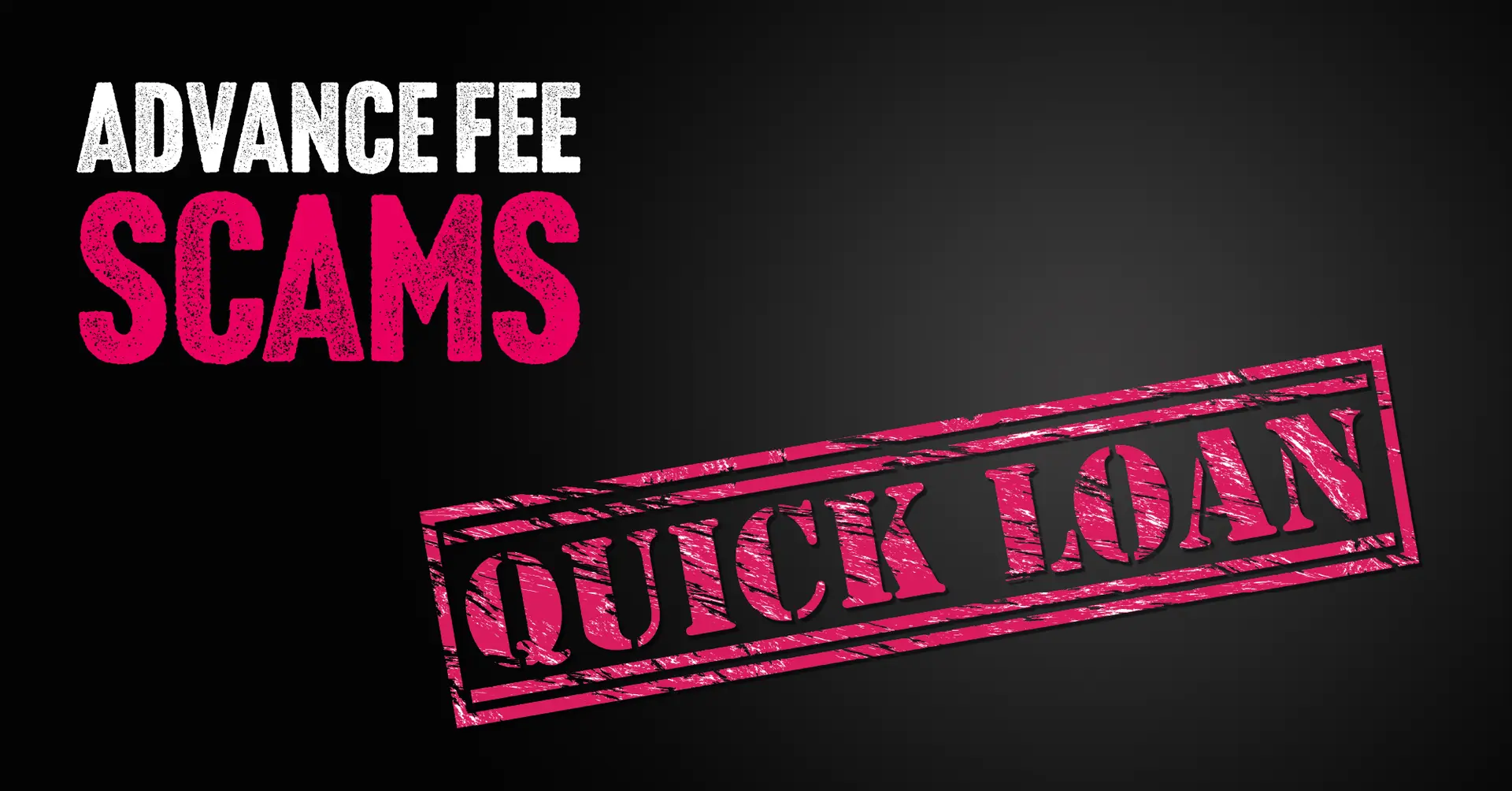
Fraudulent loan apps may claim to offer fast and easy loans to borrowers, but require an upfront fee before the loan can be disbursed. The fee may be called a processing fee, insurance fee, or some other type of fee. Once the fee is paid, the loan is never disbursed and the borrower is left with no way to recover the fee.
Advance fee scams can take many forms, including promises of loans, credit repair, job offers, lottery winnings, and other types of services. In each case, the fraudster requests payment in advance and then disappears once the payment is made.
To avoid falling victim to advance fee scams, borrowers should be wary of any loan app or lender that requires an upfront fee before the loan is disbursed. Legitimate lenders and loan apps do not require upfront fees for loan applications. Borrowers should also carefully read the loan agreement and be aware of any terms or conditions that require payment of fees before the loan is disbursed.
In addition, borrowers should research the loan app or lender before applying for a loan. They should check if the loan app or lender is licensed and registered with the appropriate government agencies. They should also read reviews from other borrowers to see if there have been any reports of fraud or scams.
Overall, advance fee scams are a serious threat to borrowers who use online loan apps in the Philippines. By being aware of the signs of advance fee scams and working with legitimate lenders and loan apps, borrowers can reduce their risk of falling victim to financial fraud and abuse.
4 Tips to Avoid Fraudulent Online Loan Apps
- Research the lender: Before applying for a loan from an online lender, do some research to ensure that the lender is legitimate. Check for reviews and ratings online, and look for any red flags such as unrealistic interest rates or fees.
- Verify the app: Before downloading any loan app, make sure that it is legitimate. Check the app’s reviews, ratings, and user feedback to ensure that it is a genuine lender.
- Read the terms and conditions: Before agreeing to any loan terms, read the terms and conditions carefully. Make sure that you understand the interest rates, fees, and repayment terms.
- Protect your personal information: Only provide your personal and financial information to legitimate lenders. Never share your login details or bank account information with anyone, and be wary of any lender that asks for upfront fees or deposits.
Importance of SEC for Online Loan Apps in Philippines
The Securities and Exchange Commission (SEC) plays an important role in regulating the loan app industry in the Philippines. The SEC is responsible for ensuring that loan apps operate in compliance with the law and that borrowers are protected from fraud and abuse. The SEC also monitors the operations of loan apps and takes action against those that violate the law.
Before applying for a loan from an online lender, borrowers should check if the lender is registered with the SEC. Registered loan apps are required to disclose their interest rates, fees, and repayment terms. They must also comply with the data privacy law and protect borrowers’ personal and financial information.
Borrowers should also be aware that the SEC has issued warnings against unregistered loan apps that operate without a license. These loan apps often charge excessive interest rates and fees and may use aggressive collection tactics. Borrowers who use these loan apps are at risk of falling victim to fraud and abuse.
Conclusion
Online loan apps can be a convenient way to access credit, but they can also be a breeding ground for fraud. To avoid falling victim to fraudulent loan apps in the Philippines, it’s important to do your research, verify the lender and app, read the terms and conditions, and protect your personal information. By following these tips, you can stay safe while accessing credit online.
